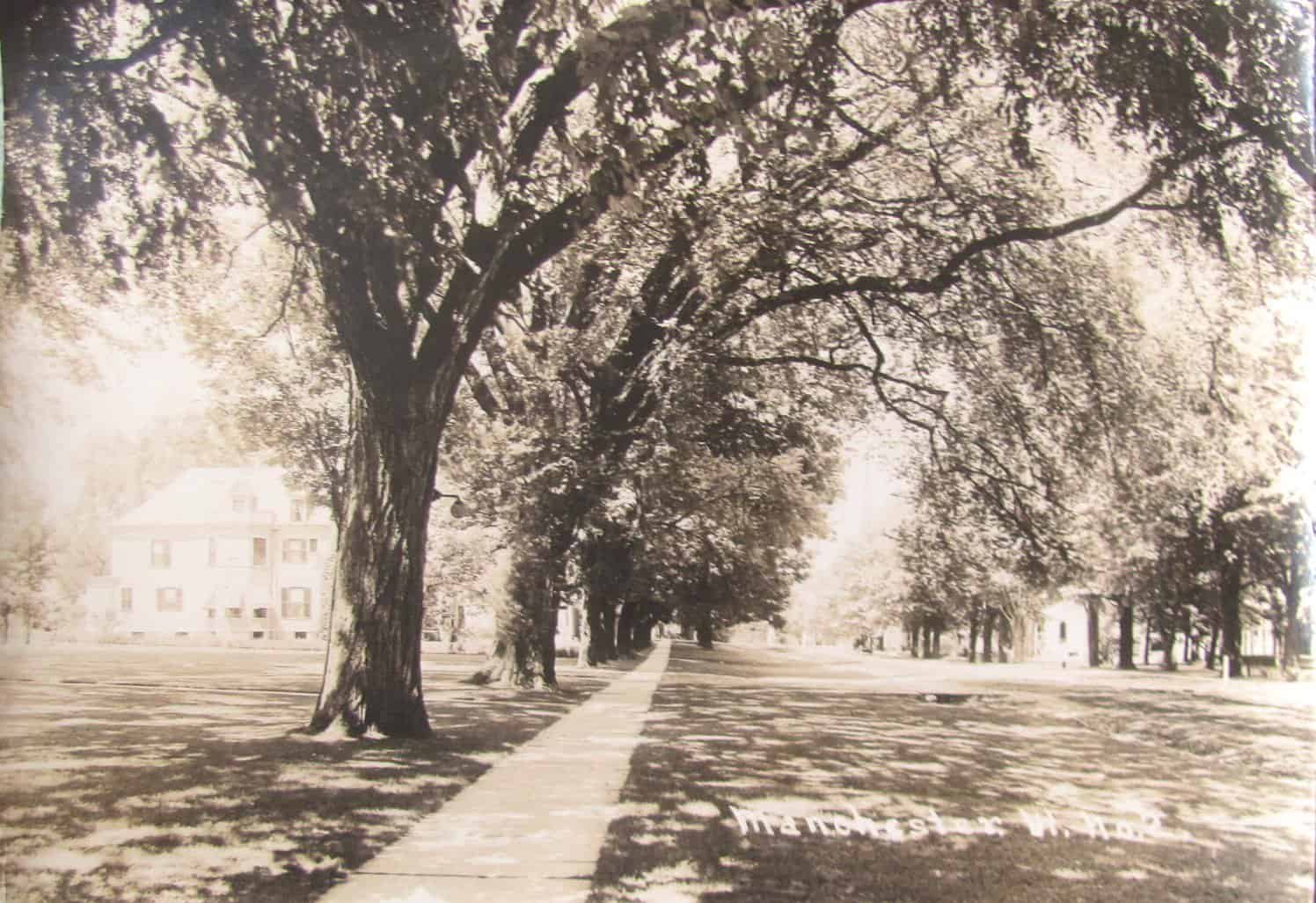
Last week, I submitted a story written by Dorothy Canfield Fisher. Her friend, Walter Hard, was another Vermont writer. Walter lived in Manchester, Vt.
On the dust jacket of “Salt of Vermont,” by Walter Hard, 1931, is this introduction:
“A true essence and pithy flavor of New England life, Walter Hard has got into these laconic verses. They have the tang and the bite of authentic knowledge of Vermont hill-folk combined with trenchant expression.”
Remuneration
Charlie Shipman was always in hard luck.
His first wife had died
Leaving him with four children
And a poor farm to support them on.
Then he married Emma Stone.
She’d let it be known
She was ready to marry the first man
Who offered himself.
That was just after she’d been dropped
By a beau of seven years standing.
Charlie moved into her house in the village,
And things looked better.
Gradually matters got bad again.
Emma had given up her dressmaking
And Charlie’s were not enough for the family.
After a series of bad breaks
The final blow came . . . the family cow died.
An old friend told Charlie
To pass a paper around.
Everybody would be glad to help.
In less than a week
A new cow was chewing the grass
In the Shipman yard.
The friend who had started the paper
Asked Charlie what the cow cost.
–I got her for twenty-five dollars.
Over thirty dollars had been collected;
So the friend suggested of course Charlie,
Would return the balance pro rata.
Charlie scratched his head.
–Nope. I reckon I’ll keep th’ balance
T’ pay fer m’ trouble.
The price of potatoes
Ezra stopped his horse
In front of the store.
He had the buckboard loaded
With bags of potatoes.
Ezra had old fashioned ideas.
When the city folks began to come to town
They increased the demand for things
And prices had gone up.
Wood had always sold for three dollars a load,
Now some were getting five.
Not so Ezra. He said three was enough.
Ed Collins walked over to the buckboard.
He always got all he could for his stuff,
And Ezra’s low prices nettled him.
–What ye gittin’ fer yer potatoes Ezry?
He put his foot on the front axle
And tipped his hat back.
Ezra wound the reins around the whip.
–I’m askin’ my usual price, thirty cents.
Ed scowled. —Gosh, Ezry,
Y’ ain’t gittin nowhere near what they’re worth.
Ezra said tartly: –Well, it’s what I’m askin’.
Ed took his foot down.
–If you was a Collins
You’d be askin’ nearer sixty cents.
Ezra stepped out of the buckboard.
–If I was a Collins I’be gettin’ sixty, heh?
He shouldered a bag.
–Well, I durned sight rather git thirty cents
And not be a Collins.
An American Bull
John Sherman, lawyer,
Was so full of dignity and self-assurance,
He flashed his little light
In the public eye constantly
That he blinded many to his limitations.
He had the pomposity
Natural to his kind.
He felt every Vermonter must know John Sherman.
One day he went over the mountain
To see a farmer.
A client thought the farmer
Was trespassing on some land he owned.
The farmer’s wife said he’d find her husband
Out in the pasture mending fence.
John Sherman walked through the pasture
With great dignity.
He returned to the fence
With some speed and no dignity,
Closely pursued by a young bull.
He managed to roll under the bars
Just in time.
Just then the farmer appeared
From the front of the barn.
John Sherman, lawyer, arose from the dust
Red, disheveled and raging.
As he brushed off his clothes
He told the farmer what he thought of him
For allowing such an animal at large.
–I’ll sue ye, that’s what I’ll do, he shouted.
The farmer looked at him calmly.
–Say jest who be you anyhow?
Shocked that anyone should not know him,
John Sherman drew himself up
And spoke with great dignity.
–I sir, am John Sherman, the lawyer.
The farmer shoved his hat back.
–Why in hell didn’t ye tell th’ bull?”
This week’s old saying: “Why is it that at class reunions you feel younger than everyone else looks?”